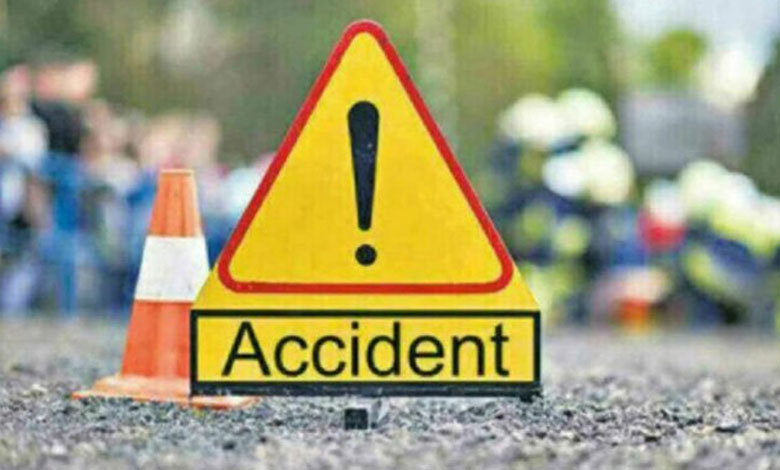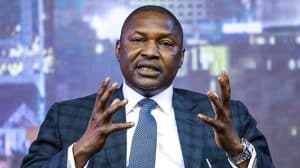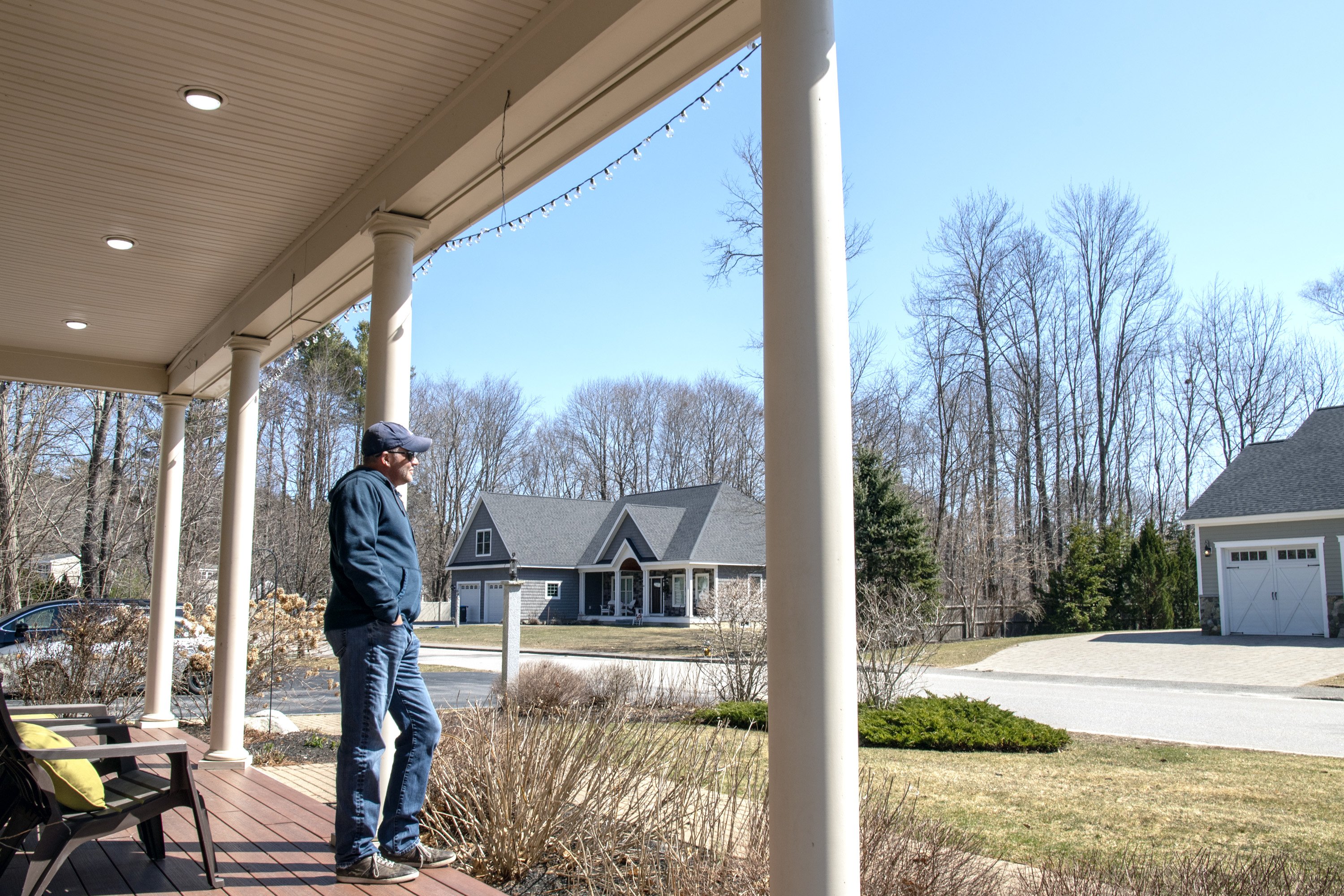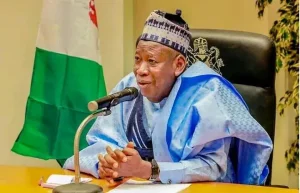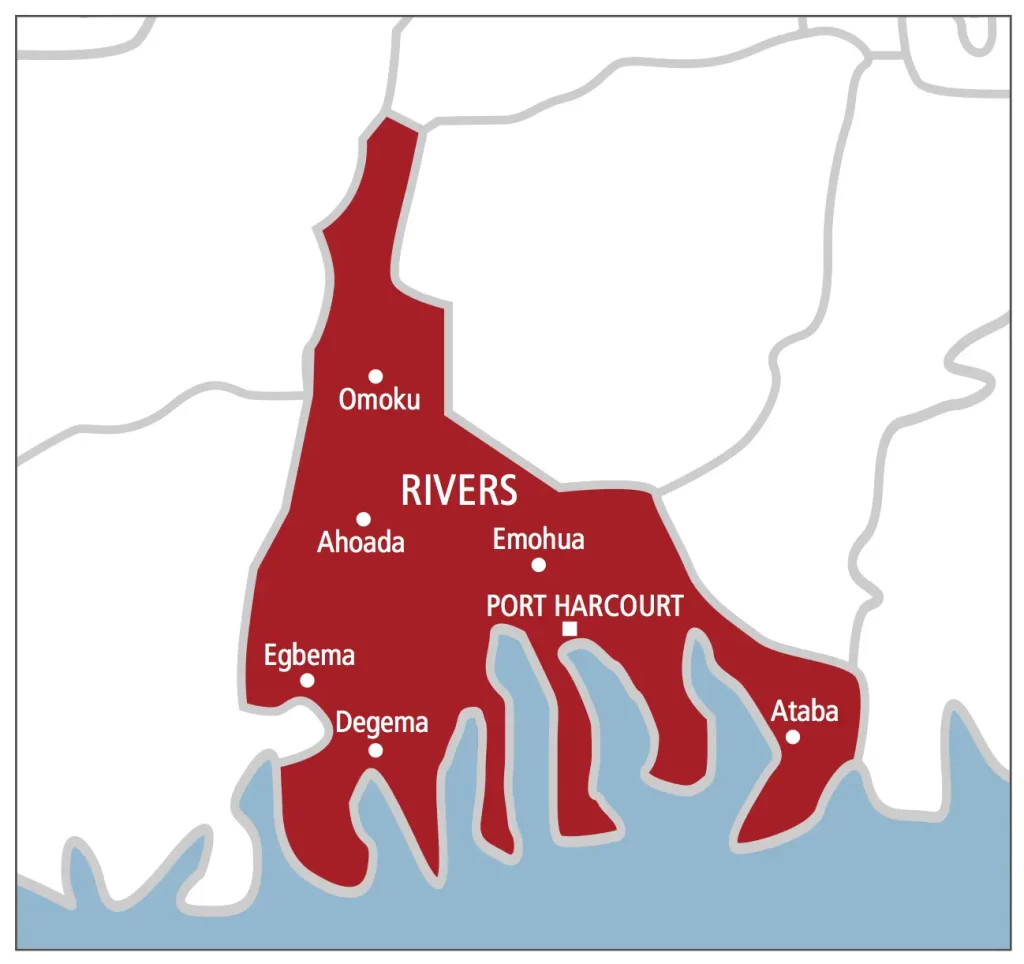Australia will push for a full tariff exemption after Donald Trump gave some countries a reprieve from the hefty levies, opening the door for negotiations. or signup to continue reading The US president has wound back tariffs on the imported goods of many countries to 10 per cent for 90 days, while raising the levy applied to China to 125 per cent. Australia's tariffs remain the same as it was already subject to a baseline 10 per cent levy in the first week of the federal election campaign.
The latest announcement does not appear to affect the 25 per cent tariffs already placed on all steel and aluminium imports, including Australia's. But does it offer an opportunity for the government to continue lobbying for exemptions. "The US administration changes its position on a regular basis, and on that fact, we need to make sure that Australia is considered in the way that we go forward," Prime Minister Anthony Albanese told reporters in far-north Queensland on Thursday.

"The best deal is zero and that's what we are continuing to put forward." More than 75 countries have made contact with the US to discuss the trade measures and the 90-day pause will allow Mr Trump to engage in "bespoke" negotiations with these nations, US treasury secretary Scott Bessent said. When Australians go to the ballot box on May 3 the major parties' responses to the tariffs are likely to weigh on voting decisions.
Opposition Leader Peter Dutton said Mr Trump's latest backflip reflected his "volatility", adding that if he becomes prime minister he will talk to the president about the US-Australia relationship and opportunities for expansion through sectors like critical minerals. "We need to be able to have the strength to stand up for our position, to argue and negotiate the best outcome for Australia," he told 2GB on Thursday. "Australia is and should always be seen as a reliable partner.
" Some Australian external territories, including the Heard and McDonald Islands - which have no human inhabitants - have also been slapped with tariffs higher than 10 per cent. But Mr Albanese maintained it was important to be level-headed. "Some of the decisions in our region confounded people who were involved in the negotiations," the prime minister said.
"That is why you have to be an adult, not dial it up to 11 at every opportunity, which is what Peter Dutton's plan is on everything." China and the US have continued to apply escalating reciprocal tariffs and Beijing has asked Australia to "join hands" and respond together, according to reports in the Nine newspapers. But Deputy Prime Minister Richard Marles said Australia was "not about to make common cause with China".
Meanwhile, Treasurer Jim Chalmers and his opposition counterpart Angus Taylor clashed over mounting spending, claims of secret cuts and falling living standards in the first treasurers' election debate on Wednesday night. However, the US tariffs have reshaped the election debate, sidelining the previously dominant issue of the cost of living and blunting the coalition's key attack line that people had become poorer under Labor. Dr Chalmers attempted to tie the opposition to the Trump administration, accusing it of copying the president's policy platforms, such as the Elon Musk-led cost-cutting agency the Department of Government Efficiency.
"We've got an opposition leader and an opposition which is absolutely full of these kind of DOGE-y sycophants who have hitched their wagon to American-style slogans and policies and especially cuts which would make Australians worse off," he said during the debate hosted by Sky News. Opposition senator Jacinta Nampijinpa Price was recently named the coalition spokesperson for government efficiency. Mr Taylor criticised the government for presiding over a budget that forecast $179 billion of deficits over the next five years and a return to a structural deficit.
Advertisement Sign up for our newsletter to stay up to date. We care about the protection of your data. Read our .
Advertisement.
Politics

Australia must 'be an adult' in face of US tariff flip

Donald Trump's tariff walk back gives Australia more room to push for an exemption, but the prime minister has warned the government must tread a careful path.




